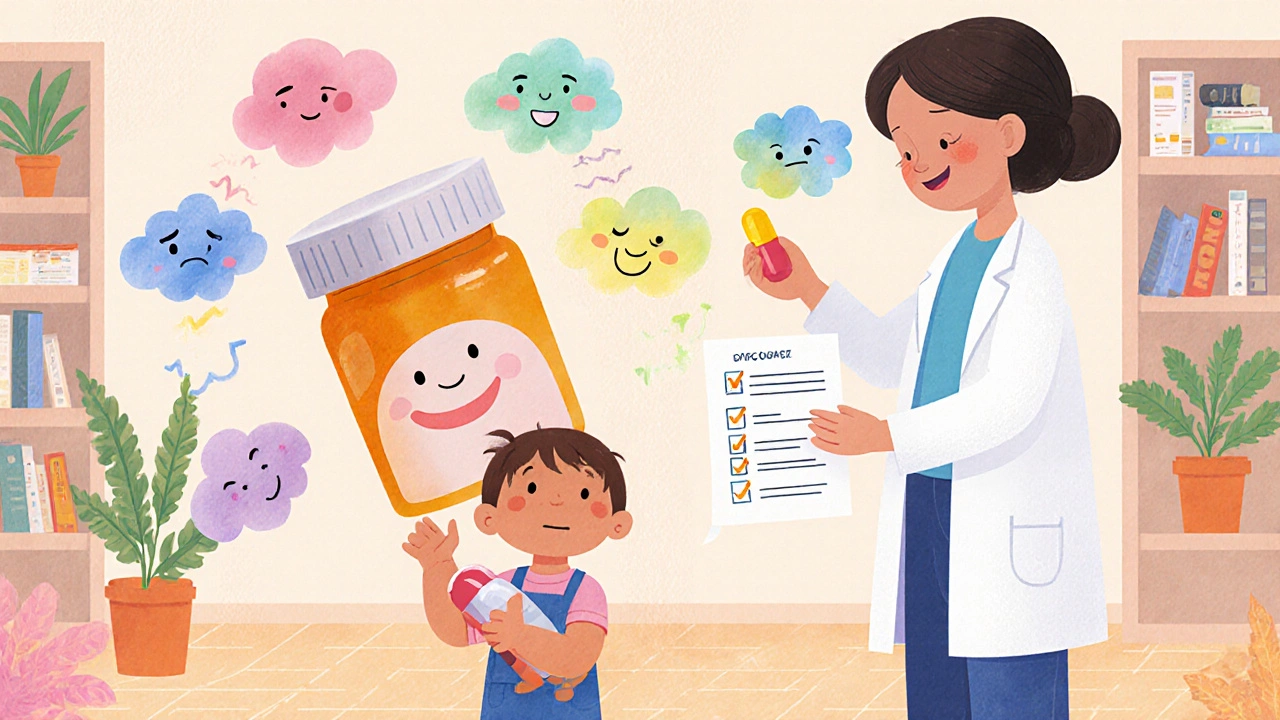Medication Adherence: Why Sticking to Your Prescriptions Matters and How to Get Better at It
When you take a drug exactly as your doctor tells you, that’s medication adherence, the practice of following a prescribed drug regimen without skipping, delaying, or stopping doses. Also known as drug compliance, it’s not just about memory—it’s about keeping your body in the right balance so the medicine actually works. Missing even one dose of a blood thinner like warfarin, or stopping antibiotics early, can lead to serious problems: blood clots, infections that come back stronger, or even permanent damage. Studies show nearly half of people don’t take their meds as directed—and it’s not because they’re lazy. It’s because the system doesn’t make it easy.
Why does this happen? For some, it’s cost—like choosing between paying for insulin or groceries. For others, it’s side effects, like nausea from GLP-1 agonists or dizziness from beta-blockers. Some forget because they’re on five different pills. Others stop because they feel fine and think they don’t need it anymore—like stopping blood pressure meds after a few weeks. And then there’s fear: people worry about long-term use of opioids or movement disorders from metoclopramide, so they quit without talking to their doctor. non-adherence, the failure to follow a prescribed treatment plan isn’t a character flaw—it’s a system failure. And the fix isn’t just more reminders. It’s understanding what’s really getting in the way.
Good therapeutic outcomes, the measurable results of a treatment plan, like lower blood pressure or reduced pain don’t happen by accident. They happen when patients have tools, support, and clear reasons to stay on track. That’s why warfarin support groups work—they turn isolation into accountability. Why folic acid with methotrexate helps: less nausea means fewer skipped doses. Why storing emergency meds like epinephrine where you can find them fast matters—because if you can’t reach it in a crisis, adherence means nothing. Even something as simple as knowing your statin interacts with grapefruit can prevent dangerous mistakes. These aren’t just tips—they’re lifelines.
What you’ll find below isn’t a list of generic advice. It’s real stories from people who’ve been there: how to manage nausea from Ozempic without quitting, why generic drugs need therapeutic drug monitoring for narrow index meds, how to keep your naloxone safe but ready, and why skipping your dose of Tenovate because it stings isn’t worth the flare-up. These posts give you the tools—not the guilt—to make adherence work in your life. You’re not alone. And you don’t have to figure it out by yourself.





